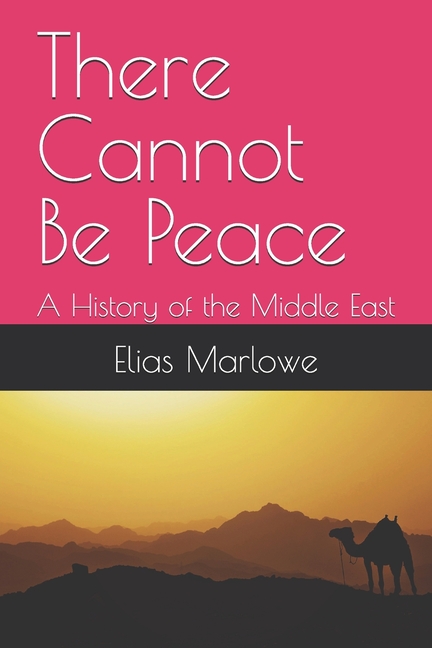Description
This unflinching history confronts a difficult question: why has the Middle East, the cradle of civilization and faith, been a stage for perpetual conflict for millennia? The book argues that peace has been the historic exception, not the rule-a conclusion drawn not from fatalism, but from the relentless procession of history itself. It unravels the deep, interwoven roots of geography, faith, and empire that have made the region a crucible of conflict, from the first wars over water and land in ancient Mesopotamia to the modern geopolitical contests over oil and influence.
The narrative sweeps through five thousand years, chronicling the rise and fall of the world's first empires, the dramatic emergence of monotheism, the Arab conquests, and the long era of Ottoman rule. The story then accelerates into the tumultuous modern age, examining the "lines in the sand" drawn by Western powers after World War I, the birth of Israel and the enduring Palestinian catastrophe, the rise of nationalist strongmen, and the transformation of the region into a Cold War playground where superpowers armed their proxies for devastating conflicts.
Focusing on the turbulent twenty-first century, this account dissects the forces that continue to shape today's headlines. It explores the dawn of political Islam with the Iranian Revolution, the rise of transnational jihadism in Al-Qaeda and ISIS, the false dawn of the Arab Spring, and the devastating proxy wars that followed. Concluding with an analysis of the new cold war between Saudi Arabia and Iran, the struggle over vital resources, and the seemingly intractable nature of the region's core disputes, this comprehensive history offers a sobering and essential perspective for understanding a world defined by unending struggle.
Product Details
- Jun 21, 2025 Pub Date:
- 9798289032041 ISBN-10:
- 9798289032041 ISBN-13:
- English Language




